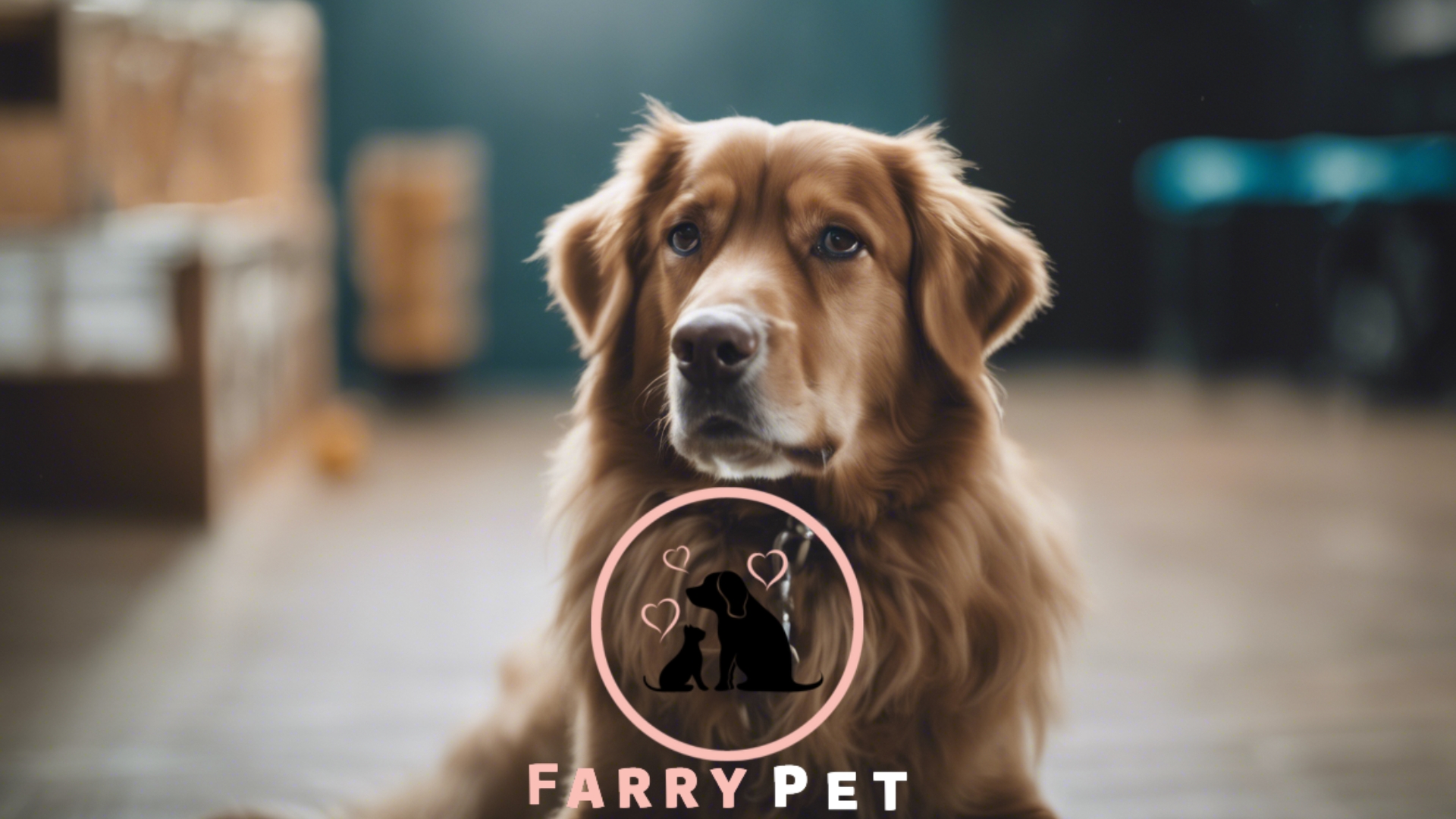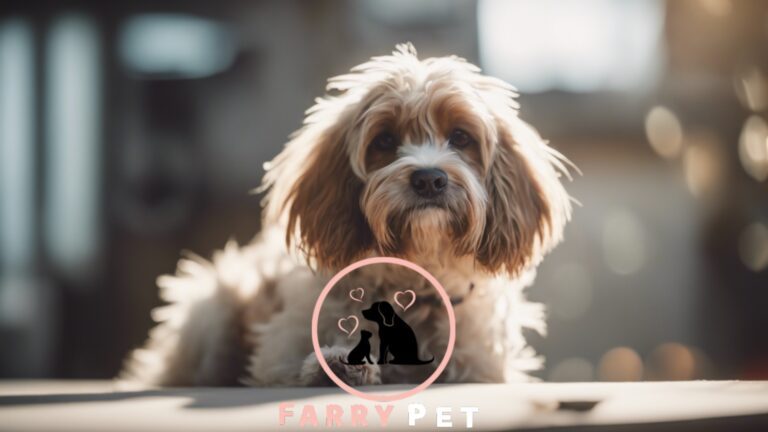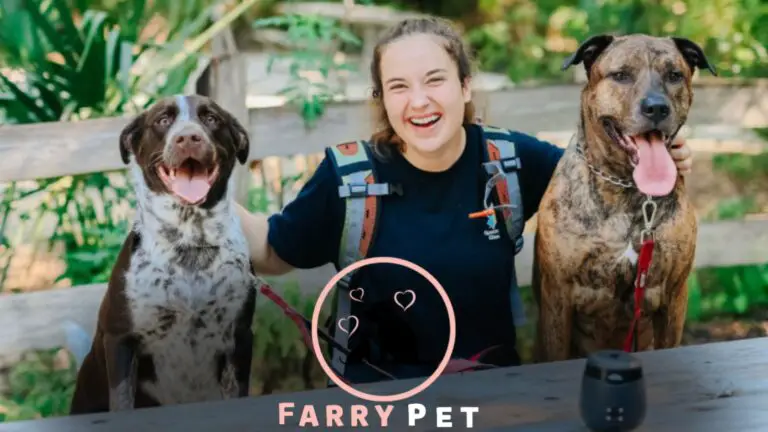
Best practices for dog daycare include providing a safe, stimulating, and social environment. The facility should adhere to strict health and cleanliness standards.
Choosing the right dog daycare is crucial for dog owners who want the best for their furry companions. A high-quality daycare facility allows dogs to interact with their peers, essential for their social development.
Besides companionship, the daycare should offer various activities catering to the physical and mental stimulation needs of different breeds.
An ideal environment also maintains a low staff-to-dog ratio, ensuring that each dog receives ample attention and care. Safety measures, such as secure fencing and supervised play, are non-negotiable, as they prevent accidents and escape attempts.
A well-run dog daycare can be a haven for dogs, providing them with a home away from home where they can thrive while their owners are busy.
Introduction to Dog Daycare Services
Dog daycare services offer a fun and safe environment for pets. They allow dogs to interact and play while owners handle daily tasks. This service blends care, attention, and activities for furry friends.
Popularity of Dog Daycare
Dog daycares have become a hit with pet parents. In busy cities, these services are a lifesaver. They match a dog’s energy and social needs with the right setting. More owners choose daycare to keep their pets happy during work hours.
Benefits for Dogs and Owners
- Social Skills: Dogs play and learn to behave around others.
- Exercise: Regular activity keeps dogs physically fit.
- Mental Stimulation: Keeps their mind sharp with various games.
- Peace of Mind: Owners know their pets are in good hands.
- Flexibility: Owners find time for work or errands.
Choosing the Right Dog Daycare
Trust is essential when selecting a daycare for your furry friend. You want a place that feels like a second home. A spot where fun, care, and safety intermingle. Let’s guide you through key points in picking the perfect dog daycare.
Facility Evaluation
First impressions matter. Here’s what to look for:
- Cleanliness – Sniff around. Clean spaces mean healthier pups.
- Space – Room to play, rest, and eat is crucial. Check for overcrowding.
- Security – Fences and gates must be secure. Escape artists stay in!
- Surveillance – Cameras? Peace of mind for you!
Visit unannounced. You’ll see a normal day in action.
Staff Experience and Training
Look for a team with:
- A love for dogs – Passion shines through in their care.
- Training – They should handle all dog behaviors expertly.
- Certifications – These show commitment to their craft.
- Ratios – More staff means more eyes on your pooch.
Ask about emergency protocols. Your dog’s safety is in their hands.
Essential Features of a Quality Facility
Dog owners treasure their furry friends and want the best care for them. A top-notch daycare facility offers more than just a place for dogs to stay. It provides a safe, clean, and engaging environment that promotes wellbeing.
Discover what makes a facility stand out and ensure your pup has a joyful and secure experience.
Safety Measures
Protection is critical for any dog daycare facility. A dedicated daycare employs trained staff to monitor play. Expect robust procedures to handle emergencies.
- Fenced play areas prevent escapes.
- First-aid kits and protocols are in place.
- Regular fire and disaster drills.
Cleanliness Standards
Hygiene matters greatly. A premium facility maintains strict cleaning schedules. Downtime is minimal for cleaning during the day to avoid disruption.
| Daily | Weekly | Monthly |
|---|---|---|
| Sweeping and mopping floors | Deep cleaning play areas | Air filter changes |
| Disinfecting toys and bowls | Checking safety equipment | Structural inspections |
Space for Play and Rest
Ample space ensures comfort and happiness. Enjoyable play sessions balanced with peaceful rest are key for a healthy pup.
Socialization and Behavior Management
Socialization and behavior management are cornerstone practices in dog daycare. Dogs learn to interact positively in a structured environment.
This ensures a happy, well-adjusted pet that plays well with others. Tailoring experiences to meet each dog’s needs is crucial for a successful program.
Group Play Supervision
Effective group play supervision is essential in any dog daycare setting. It involves consistent monitoring and the understanding of canine body language. Staff should always be alert to prevent negative interactions.
They must also facilitate a safe space for all dogs to enjoy group activities. Key elements include:
- Staff-to-dog ratios that allow close watch.
- Rotation of dogs to manage energy levels.
- Interventions when play becomes too rough.
- Use of time-outs to calm overstimulated pooches.
Handling Aggression
Aggression in dogs can be a serious issue. Daycare providers must understand how to handle such situations. Staff need training in recognizing and diffusing aggressive behavior promptly. Strategies include:
| Strategy | Technique |
|---|---|
| Isolation | Removing the aggressor from the group |
| Correction | Verbal commands or use of leads |
| Reintroduction | Slow, controlled return to play |
Promoting Positive Interactions
Encouraging positive interactions among dogs is a proactive measure of behavior management. This can be done by matching dogs with compatible temperaments. It also involves celebrating good behavior.
Encouraging dogs when they interact politely reinforces positive behaviors. Tips to promote healthy play include:
- Offering treats for good social behaviors.
- Providing a variety of interactive toys.
- Regular breaks to prevent overexcitement.
- Constant praise during positive interactions.
Health and Nutrition Considerations
Keeping your furry friend happy and healthy in dog daycare involves more than playtime. Proper health and nutrition are crucial.
Let’s explore the best practices to ensure your dog’s diet and medical needs are top priority.
Dietary Regimens
Every dog has unique dietary needs. Whether your pup is a choosy eater or has a stomach of steel, dog daycares must cater to individual dietary regimens.
- Understand every dog’s nutritional requirements – different breeds, ages, and health statuses require distinct diets.
- Consistency is key – keeping meal routines steady helps avoid stomach upsets.
- Avoid dietary disruptions – sudden changes in food can cause stress and health issues.
Managing Medical Needs
Daycare staff must be prepared to manage any medical conditions. Dogs on medication or with special care instructions require attention to detail.
| Condition | Requirement |
|---|---|
| Allergies | Specific dietary accommodation and avoidance of triggers. |
| Chronic Illness | Regular medication administration and monitoring. |
Vaccination and Health Records
Maintaining up-to-date vaccination and health records is a must. This protects not only your pet but also their furry friends.
- Confirm vaccinations are current before your dog interacts with others.
- Keep a record of health history accessible to daycare providers.
- Ensure immediate access to a vet in case of emergencies.
Enhancing the Dog Daycare Experience
Every dog deserves a happy and fulfilling daycare experience. A thriving dog daycare ensures safety and health and goes beyond the basics to elevate pups’ joy.
Here are some steps to greatly enhance the experience for our furry clients at dog daycare.
Additional Services
Offering extra services shows thoughtful care for canine needs. Think beyond the standard. Consider these options:
- Grooming Packages: From baths to nail trims.
- Training Sessions: Promote good behavior and mental stimulation.
- Photo Shoots: Capture fun moments for dog owners to cherish.
- Relaxation Services: Massage and calm-down rooms for stress relief.
Regular Updates for Owners
Keeping owners in the loop builds trust and peace of mind.
Use these methods:
- Digital Reports: Daily progress summaries through an app or email.
- Live Webcams: Allow owners to watch their dogs play in real time.
- Photo Updates: Share snapshots of dogs’ activities and friends.
Continual Staff Education
A knowledgeable team ensures top-notch care.
Focused on improvement, staff can:
- Attend pet care workshops.
- Learn the latest in animal behavior.
- Train in pet first aid and CPR.
Help staff grow, and dogs will thrive.

Frequently Asked Questions
What Are the 3 Strikes Protocol for Dogtopia?
Dogtopia’s 3 Strikes Protocol includes three chances for a dog exhibiting inappropriate behavior. After three incidents, the dog may face suspension or expulsion from their services to ensure the safety and enjoyment of all guests.
What Are the Disadvantages of Doggy Daycare?
Doggy daycare can be expensive and may expose pets to illnesses and parasites. Some dogs experience stress or anxiety in group settings, and the risk of injury can increase during play with other animals. The quality of care varies by facility, requiring diligent research.
How Do I Prepare for Doggy Daycare?
Ensure your dog is vaccinated and provide proof to the daycare. Pack their favorite food, toys, and any medication. Acquaint your pet with short stays before a full day. Confirm emergency contact details. Practice good behavior and social skills with your dog.
How Do You Handle a Dog At Doggy Daycare?
To handle dogs at doggy daycare, supervise them closely for safe play. Ensure they’re comfortable with gradual introductions to other dogs. Maintain a calm, assertive demeanor to establish leadership. Provide regular breaks for rest and hydration. Follow specific care instructions for each dog.
What is Dog Daycare?
Dog daycare is a service that provides supervision, exercise, and socialization for dogs while their owners are unavailable during the day.
Conclusion
Ensuring your furry friend’s happiness and safety at a dog daycare doesn’t have to be a daunting task. By following the best practices outlined, you’ve set the stage for a tail-wagging experience.
Remember these tips, choose the right spot, and watch your pup enjoy their home away from home with peace of mind.


![Do Heartworms Make a Dog Cough? [Surprising Truth!!]](https://farrypet.com/wp-content/uploads/2023/08/Do-Heartworms-Make-a-Dog-Cough-768x432.jpg)



